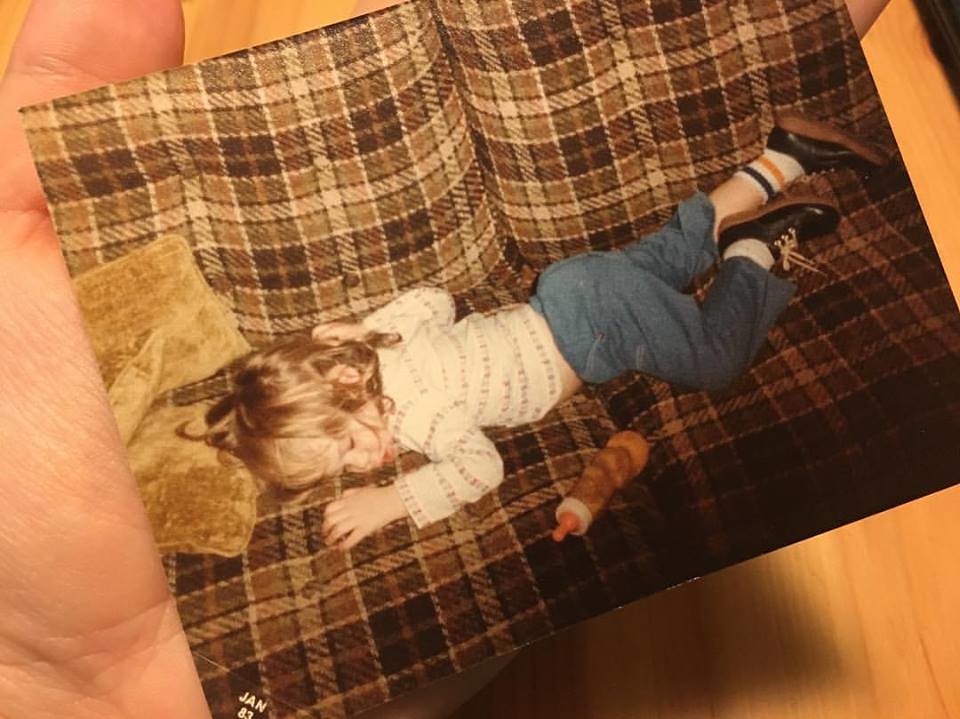 |
| That guy in Tainan? He gets me. |
Every once in awhile a constellation of events helps throw an issue one has been mulling over in foggier terms into sharp relief.
On Wednesday, a friend says to me in a message: "You can occupy Donald Trump's office" when discussing occupations in Taiwan.
Something about that bothers me, but I can't put my finger on what. I am not afraid of physical protest or confrontation. I am not naturally an occupier, but it is not outside the realm of possibility. It also strikes me that in the US such an occupation would be unlikely, and not only for security reasons.
On Saturday morning, I get into a taxi in Tainan and as the HSR station employee, or the taxi company employee - it's hard to tell - shuts the door for me after a brief chat, he says "You're the New Taiwanese" (his actual words are "妳是台灣的第二代").
I am touched.
On Monday, I am out looking for a book I'd seen for sale in Tainan but didn't want to cart back to Taipei. I am chatting with someone who asks me "when are you moving back to America?"
I normally don't think too hard about such micro-aggressions - I have better things to do with my time - but it is such a stark contrast to what the person in Tainan said that it bothers me. Why would she assume I am ever moving back?
I live here. My body is here. Why would my mind and heart be elsewhere?
On Wednesday, I am having lunch with a friend (not the same friend I was chatting with on the previous Wednesday). She asks me if China were to invade, would America send planes to evacuate citizens, and would I be able to escape? (Don't ask me how we got onto that topic).
I am reminded of Facebook conversations about how people like me who claim to love Taiwan so much are just full of so much wind, because if everything really went to hell, we wouldn't stay and fight. We'd get the hell out, like plenty of Taiwanese would be trying to do.
And it is like jumping into an ice cold pool.
Would I stay and fight, or would I get on that plane?
My friend's comment about occupying the White House bothers me because I don't feel any loyalty to the US. It's almost like a foreign affair, something foreigners do, those weird Americans with their big lawns and houses with white siding. Why would I occupy a government office of a country I no longer call home? If I am going to occupy something - though I am not likely to - it will be in Taiwan, because Taiwan is my home. Why would he assume the change I want to fight for is in America, where I do not live?
The man in Tainan seems to accept my reality, though he has missed a crucial point: I can't be New Taiwanese because I am not a citizen and may never be. However, he shows more willingness to take at face value the idea that Taiwan is my home. In contrast, the woman in Taipei sees my face and makes an assumption about where I belong. She does not accept my reality. She sees me as a temporary fixture, a visitor who will eventually go "home". Taiwan cannot be my home, or the thing I call home. I don't look the part.
In fact, she goes on to ask me where my home is.
"Taiwan."
But where is your family?
"Taiwan." (This is true: both my husband and sister live here).
But where are you from?
The USA, but why does it matter?
Is Taiwan my home? Would I stay and fight? Is it okay if I say no, because I know many Taiwanese won't either (and those that do will have to - those that don't have to are more likely to run)? Does their turning tail not take away their Taiwaneseness (obviously, it does not, that's a rhetorical question), but mine does? Is there anything wrong with choosing to survive?
Could I even stay and fight - should I - when I am not a citizen? Is it not completely insane to dig in and put my physical body, rather than just the amorphous feelings of my mind and heart, on the line, for a country that won't even give me citizenship under reasonable conditions? Do I need to show loyalty for a country whose own government assumes I will eventually go "home", not that I am already home?
I come from fighters. Despite being generally a lazy, unpatriotic, establishment-loathing couch-hogger who hates fighting and is terrified of death, it is not inconceivable that, if everything truly went down the tubes, that something would break inside me and I'd dig in to do the right thing and put my physical self on the line for Taiwan (that said, it is not entirely conceivable that I would do this either).
 |
| I was going to share a bad-ass picture of my great grandfather posing with an Ottoman moustache and a gun, but instead you can look at how deeply I have always loved couches. |
In any case, that leads me straight back to last Wednesday. My lack of loyalty to the US, or the fact that White House security would never allow an occupation, is not what strikes me as I consider how much of my physical self I am willing to put on the line for the country I call home, as compared to the country that is no longer my home.
I think at first that Americans aren't very physical in their resistance. Then I consider that I may be wrong, and the truth is that Americans in my demographic (white, well-off on a global scale if not on every scale) are the ones who are not very physical. I consider Wisconsin's Capitol occupation in 2011, Black Lives Matter and Standing Rock (agree or disagree, it is a physical resistance). However, I can't shake the feeling that we Americans just don't throw ourselves into civic action very much, or at least not anymore.
You would think we would be more physically resistant, what with our guns and our bar fights and the general lack of safety of women on the street, but we're not. We didn't occupy Wall Street, we occupied a park near it. We have a few marches - I went to a tepid one against the World Bank when I was in college (wasn't that into it, wouldn't you know), and marched with a bunch of other idealistic but otherwise dishwater demonstrators against the 2nd Iraq War in New York. They were about as effective as those DPP or Citizen 1984-organized protests in the Ma era.
I have a great deal of respect for the exceptions, but they feel like exceptions: good, but not enough to stem the general impression in my lifetime that we like to write thinkpieces and generally grouse about the state of things, but we don't seem to show up physically all that often. Those that do have more to lose, the rest of us can go back to our little boxes on the hillside made of ticky-tacky. We join Facebook groups, act supportive, use it as a place to vent or post motivational memes or share our personal stories - not really useful themselves, either, I've come to think - and then watch those groups get monetized. We focus on no concrete action, no policy change, no taking down the patriarchy. We do not take to the streets, or at least not often and not angrily enough. We do not effectively occupy. We could, perhaps, learn a lot from how the Taiwanese do it.
I don't think the White House will ever be occupied, because I don't think Americans are necessarily occupiers at this moment in our history. I have to hope a robust civil movement will grow to counter the tragedy that is a Trump "Presidency", but I haven't really seen it yet.
In my time in Taiwan, though, and looking back through Taiwanese history, it feels as though there is more of a tradition of physical resistance. From fighting the incoming Japanese to 228 to the Kaohsiung Incident to Nylon Cheng, the White Lilies and up through the Sunflowers and now marriage equality, people have had specific things to fight for, and have gone out and done it. With their bodies, not just angry words. Perhaps it's because it was the only option in a brutal dictatorship, perhaps it is a part of the national character. I am, however, continually impressed by the willingness of Taiwanese to physically show up and sit their bodies in the street or in a building to fight for something. There seems to be a physicality about social movements that, at least in my lifetime, feels sorely lacking in much of the US.
I love this. I don't want to share stories in lieu of action, although I realize that I began this post by doing exactly that. There is only so much action I can take in Taiwan (I'm not a citizen, I can't organize, and I speak Chinese but not perfectly enough to be as involved as I'd like to be). At least, I want to be a part of a country where the citizens take action rather than, I dunno, post pictures of flowers with insipid feel-good self-improvement quotes or whatever, or turn everything into a PR stunt.
It's what gives me hope for Taiwan, though I am not quite sure why.
It also may be a part of why, against all logic, despite the fact that I am stronger with words than physical actions, I have so much respect for being willing to fight for what one believes in with more than just words, but with deeds and with one's own body.
What does that have to do with Taiwan being my home, other than the fact that I am physically here? It means - and this is where the icy water comes in - a good hard think about the possibility of the unthinkable happening, and about what that means for me.
In any case, today someone asks me if I am going home for Christmas.
"I am already home for Christmas," I reply.

No comments:
Post a Comment